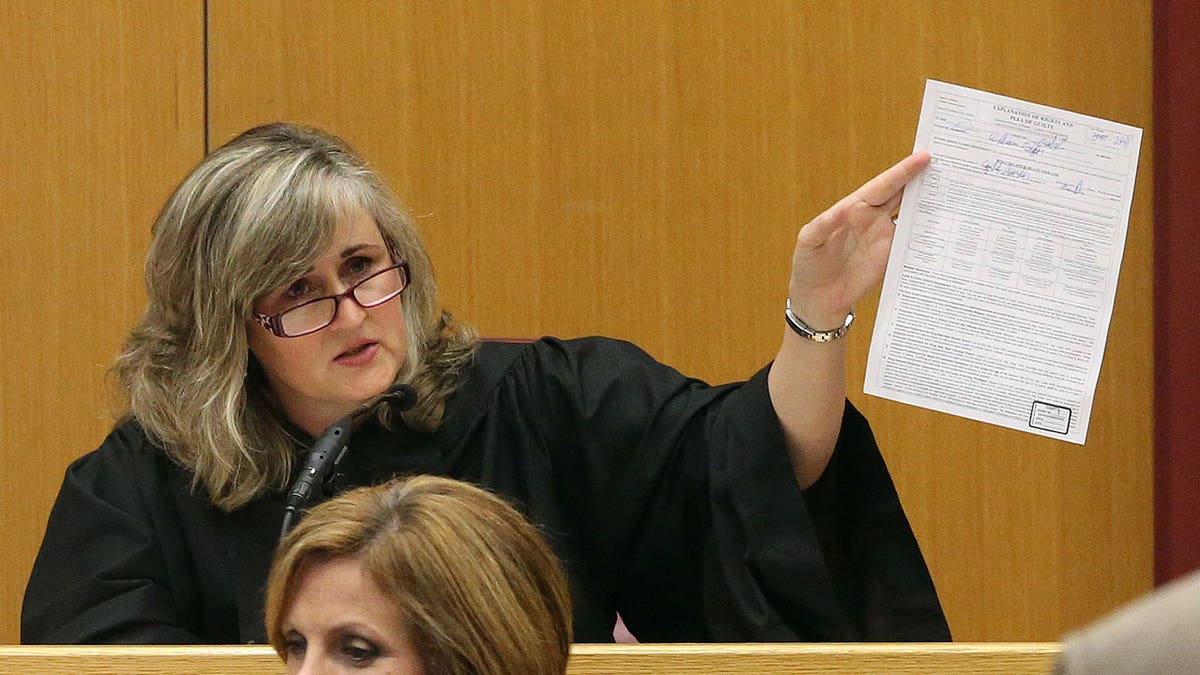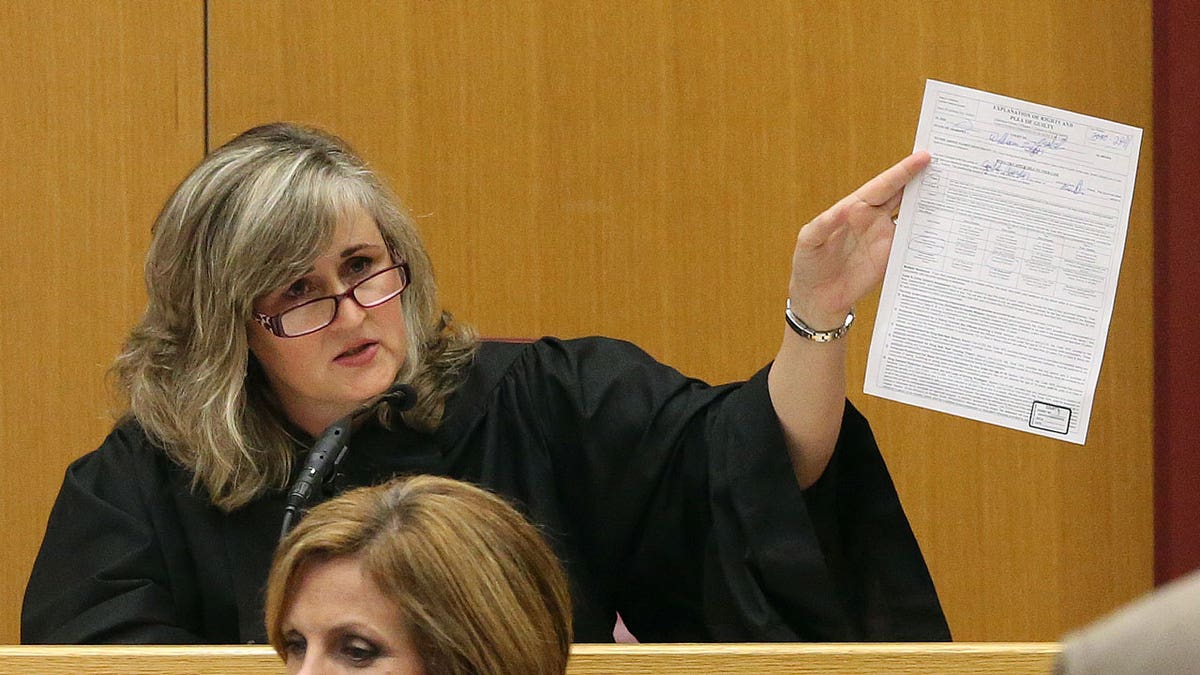
Alabama Republicans will choose who they want to replace the retiring chief justice of the state Supreme Court, which last month drew national attention for its decision to recognize frozen embryos as children.
The ruling has raised concerns about civil liabilities for fertility clinics, and three major providers announced a pause on in vitro fertilization services.
Competing for the GOP nomination are Sarah Stewart, a current associate justice on the Alabama Supreme Court, and Bryan Taylor, a former state senator and legal adviser to two governors. The winner will face Circuit Judge Greg Griffin, a Democrat from Montgomery, in November. Griffin is unopposed in the Democratic primary.
ALABAMA HOUSE, SENATE PASS PROTECTIONS FOR IVF AFTER COURT RULING
Chief Justice Tom Parker cited verses from the Bible and Christian theologians in his concurring opinion, alarming advocates for church-state separation while delighting religious conservatives who oppose abortion. Parker cannot run again because Alabama law prohibits judges from being elected or appointed after age 70.

Mobile County Circuit Judge Sarah Stewart is seen in her courtroom on April 16, 2015, in Mobile, Alabama. Stewart, a current associate justice on the Alabama Supreme Court, and Bryan Taylor, a former state senator and legal adviser to two governors, are competing for the Republican nomination to replace retiring Chief Justice Tom Parker. (Sharon Steinmann/AL.com via AP)
The Alabama chief justice serves on the state’s highest court, and also serves as the administrative head of the state court system.
Stewart was elected to the Supreme Court in 2018 after serving 13 years as a circuit court judge in Mobile.
CLICK HERE TO GET THE FOX NEWS APP
She was part of a Supreme Court majority that issued the ruling in a pair of wrongful death cases brought by three couples who had frozen embryos destroyed in an accident at a fertility clinic.
The justices ruled that the couples could purse lawsuits for the wrongful death of a child. Stewart signed on to a concurring opinion written by Associate Justice Greg Shaw that the wrongful death law covers “an unborn child with no distinction between in vitro or in utero.”
Taylor is a former military prosecutor, state senator, Iraq War veteran and had served as chief legal advisor to Gov. Kay Ivey and an adviser and policy director for Gov. Bob Riley. During his time in the Alabama Legislature, he was best known for authoring the revamp of the state’s ethics law that was later used to prosecute former House Speaker Mike Hubbard.








